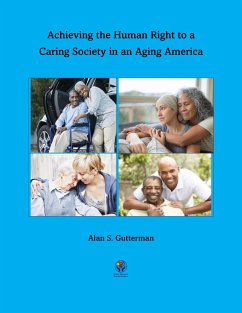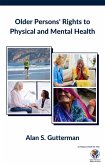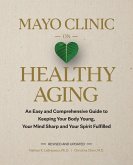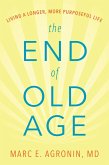Caregiving includes activities undertaken by others to ensure that those with a significant ongoing loss of physical or mental capacity can maintain a level of ability to be and to do what they have reason to value and involves a variety of services provided in a number of places and by different groups of caregivers ranging from care in the home from unpaid family members and friends (mostly female), which is the most common form of long-term care; home-based services provided by paid caregivers, including caregivers found informally or through home health care agencies and healthcare professionals (i.e., nurses, home health care aides and therapists); and services provided by health and care professionals in institutional settings such as nursing homes or community-based adult day centers. Caregiving for older persons is an important issue, regardless of how and where the care is provided, since the data shows that the global population over age 65 will more than double over the next three decades, and steps need to be taken to determine the best means to fund and otherwise support the services that will be needed to maintain the physical and mental wellbeing of the most vulnerable members of this group. While there is no international human rights instrument specifically addressing long-term care for older persons, the human rights of older persons with respect to long-term care can be derived from a combination of several different rights explicitly recognized in international human rights. This book discusses the human rights law foundation for providing older persons with high quality long-term care alternatives and considers the current state of institutional care in nursing homes and assisted living centers, which is especially relevant in the aftermath of the Covid-19 pandemic. The book also describes the sweeping impact that caregiving provided outside of institutions by family members and friends has on all aspects of society and the steps that are being proposed to reduce economic, physical, and psychological stress on millions of older persons and their caregivers through development of an "infrastructure of care" and creation of "caregiving-friendly workplaces".
Dieser Download kann aus rechtlichen Gründen nur mit Rechnungsadresse in A, B, CY, CZ, D, DK, EW, E, FIN, F, GR, H, IRL, I, LT, L, LR, M, NL, PL, P, R, S, SLO, SK ausgeliefert werden.









